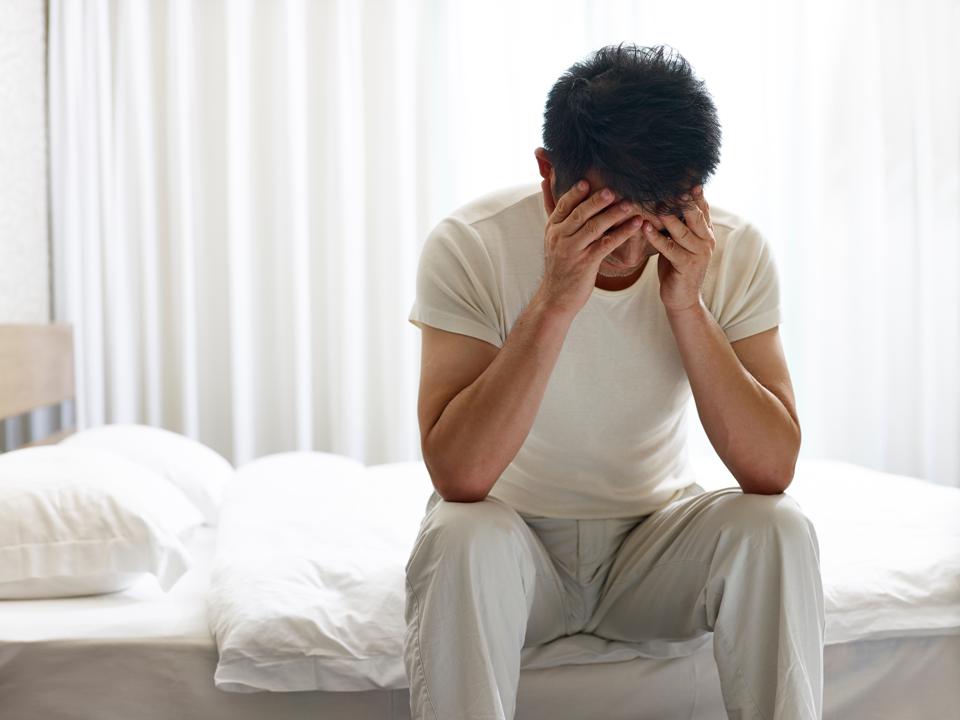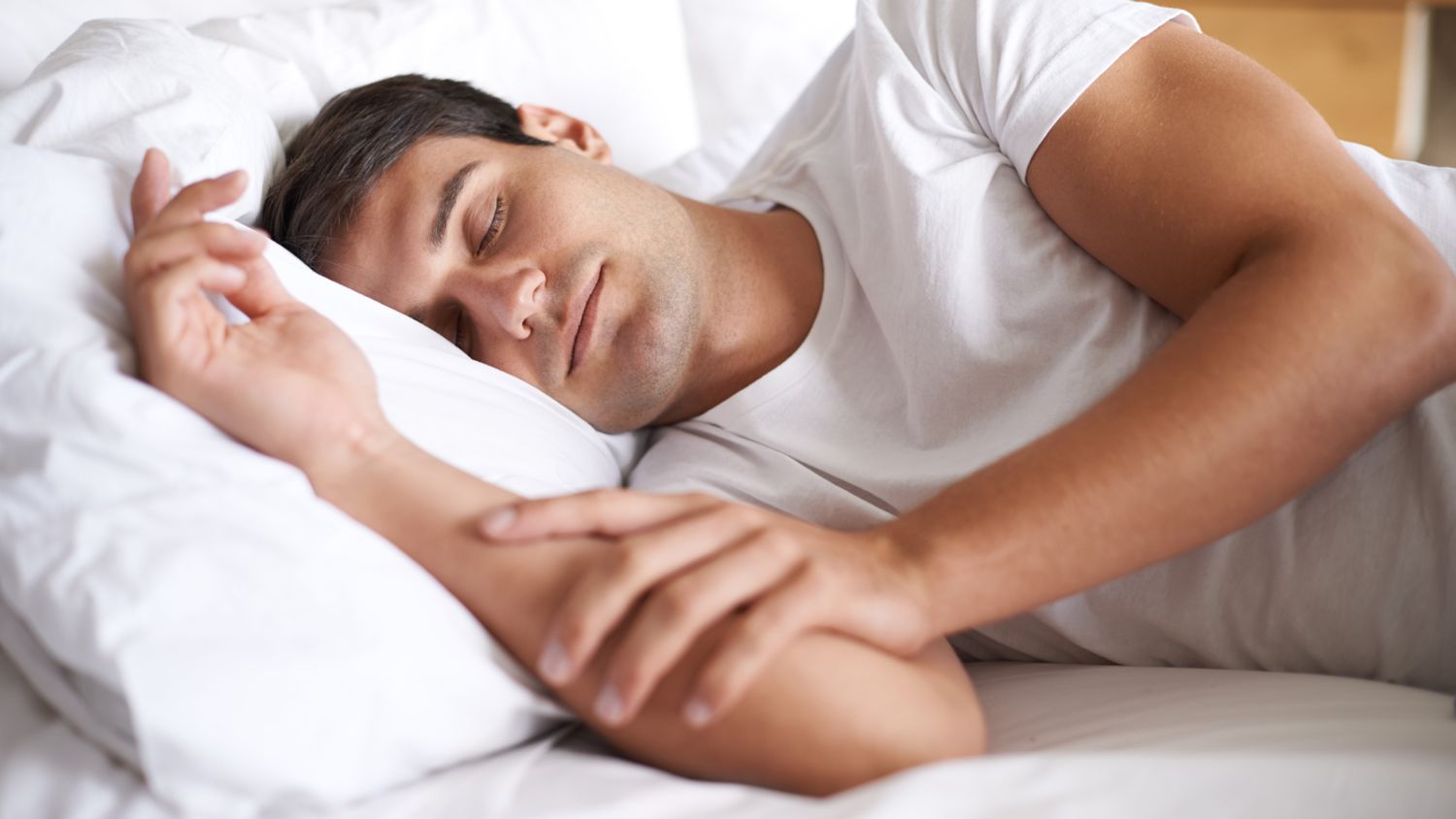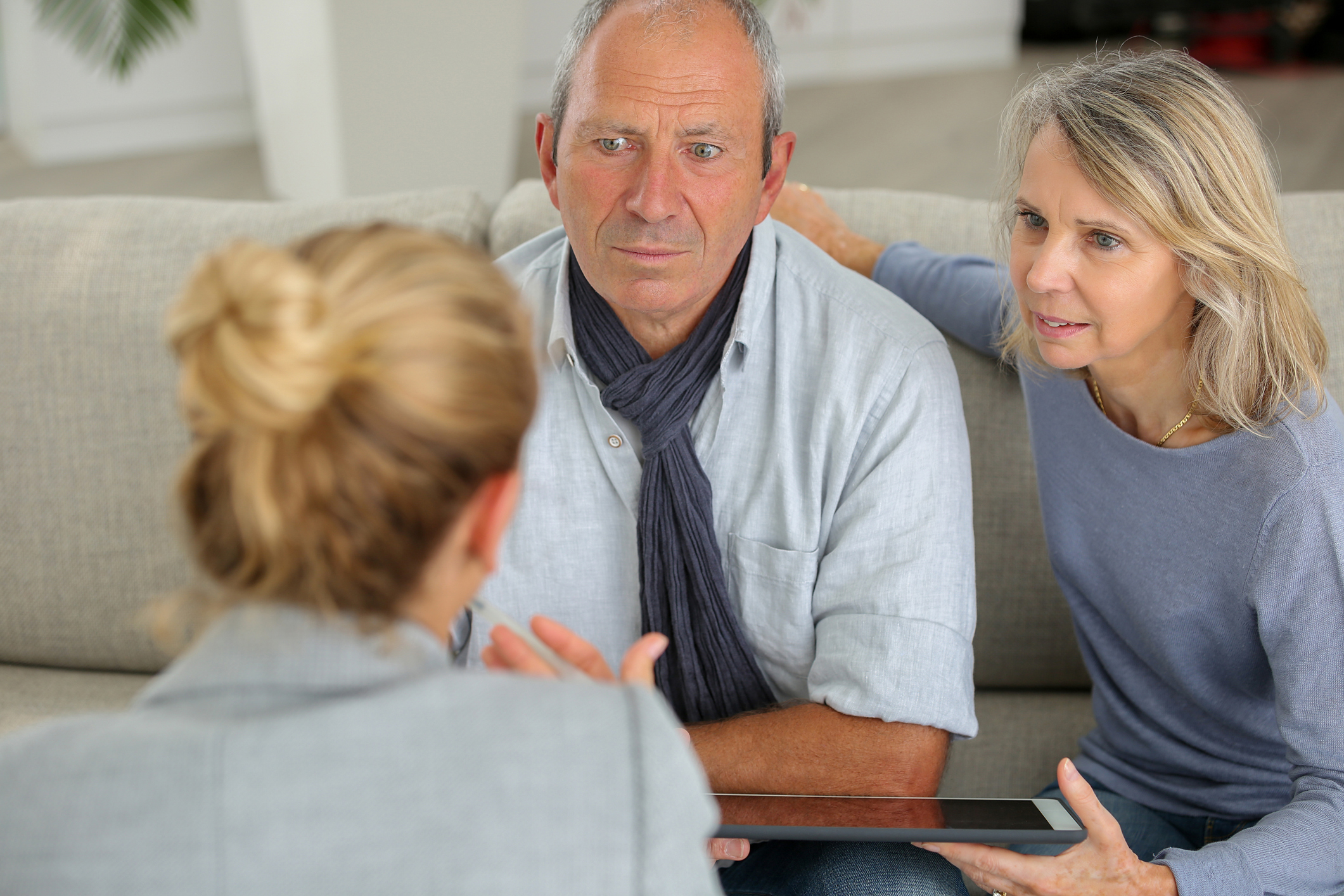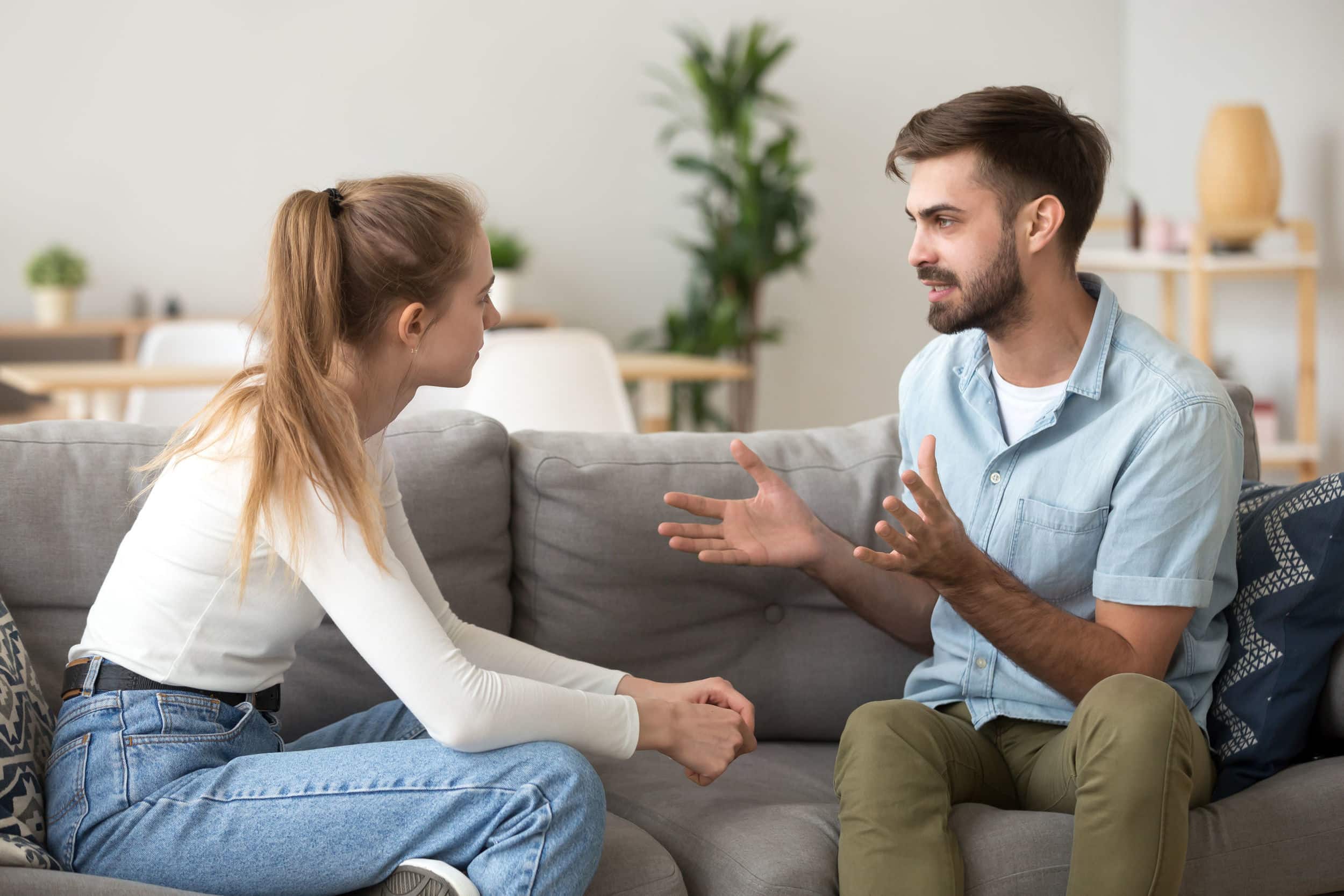Anxiety can disrupt rest in many ways. The evening hours are quieter and there isn’t much going on, which gives one more opportunity to think. One may focus on apprehensions or different things in the day-to-day that are irritating one, which can make it difficult for one to relax and nap.
In addition, scientists accept that anxiety can cause one to have multiple risky “fake problems” throughout the day. These episodes can lead to a condition of nervousness, which can make falling and unconsciousness difficult. Certain individuals may also have a fear of dozing, which is known as somniphobia. They may be terrified of having nightmares, kicking the bucket in the home, or losing motion at rest (a condition where one wakes up and can’t move). Somniphobia can cause rest misfortune, outrageous drowsiness, and trouble doing ordinary exercises.
Experts Comments
Assuming the anxiety sleep problems are directly linked to the anxiety, the provider will likely suggest psychotherapy, prescription, or a mixture of both. The careful treatment will depend on the unique conditions and how extreme the side effects are. The provider may choose to treat the anxiety or insomnia independently, or both simultaneously.
Medications that are used to treat insomnia include follow-up. Benzodiazepines and antidepressants can also be used to treat anxiety. The type of medication the provider suggests will be based on age, well-being, what kind of insomnia side effects one is experiencing, the side effects, the cost of the prescription, and other factors.

Tranquilizers
These incorporate professionally prescribed medications, for example, eszopiclone (Lunesta), zolpidem (Ambien), zolpidem ER (Ambien CR), and zaleplon (Sonata). They help one fall asleep or become unconscious, but they do accompany the side effects and can structure the propensity.
Benzodiazepines
Medications in this class include alprazolam (Xanax), lorazepam (Ativan), clonazepam (Klonopin), and diazepam (Valium). These medications are often used if the anxiety or insomnia is severe, and are usually recommended at least for a limited time, as they can also be a bias.
Antidepressants
Some antidepressants, such as specific serotonin reuptake inhibitors (SSRIs) and serotonin-norepinephrine reuptake inhibitors (SNRIs), can create some problems with rest. Be that as it may, some antidepressants such as trazodone (Desyrel) and doxepin (Sinequan) can be used in low servings to help one nap.
Prescriptions similar to melatonin
These drugs incorporate ramelteon (Rozerem). They mimic a characteristic substance that happens in the body called melatonin, which directs the rest-wake cycle.












